Civil Rights Activists and Leaders
Were you or a loved one a victim of police brutality?
Attorneys that work with Police Brutality Center may be able to assist you.
"*" indicates required fields
Content Last Updated: July 10, 2024
Throughout recent history, there have been a number of civil rights activists and leaders who worked to push equality forward and help Black Americans gain equal rights under the laws of the United States.
Every one of their actions required a tremendous amount of courage and bravery, and if it weren’t for these activists and leaders, racial equality and civil rights might be in a vastly different situation today.
We’re going to explore the achievements and contributions of these individuals as they relate to civil rights in the United States and discuss how this continued push towards civil rights, equality, and racial justice is the key to unlocking a better future for all.
Progressing the Civil Rights Movement
Beginning in the 1950s to 1960s, the civil rights movement was a struggle for racial equality and social justice for Black Americans. Even though slavery was officially abolished in the Civil War, discrimination against Blacks continued to be rampant, creating the spark that ignited the civil rights movement.
The 14th Amendment to the Constitution officially gave Blacks equal protection under the law in 1868, and the 15th Amendment in 1870 granted Black American men the right to vote. Unfortunately, this wasn’t taken too well by white Americans who lived in the South, as they were upset that the people they had only recently enslaved were now granted equal rights to themselves.
This led to the creation of the “Jim Crow” laws, which were established in the South to segregate Black people from white people. Under Jim Crow, Blacks couldn’t use the same public facilities as whites, couldn’t live in their towns, and couldn’t go to the same schools.
This was the point in time when the civil rights activists and leaders we will discuss came into the picture, helping promote equality and racial justice and taking courageous actions in the fight for racial equality. While it wasn’t a quick process, civil rights were gradually given back to Black Americans to establish every United States citizen as equal.
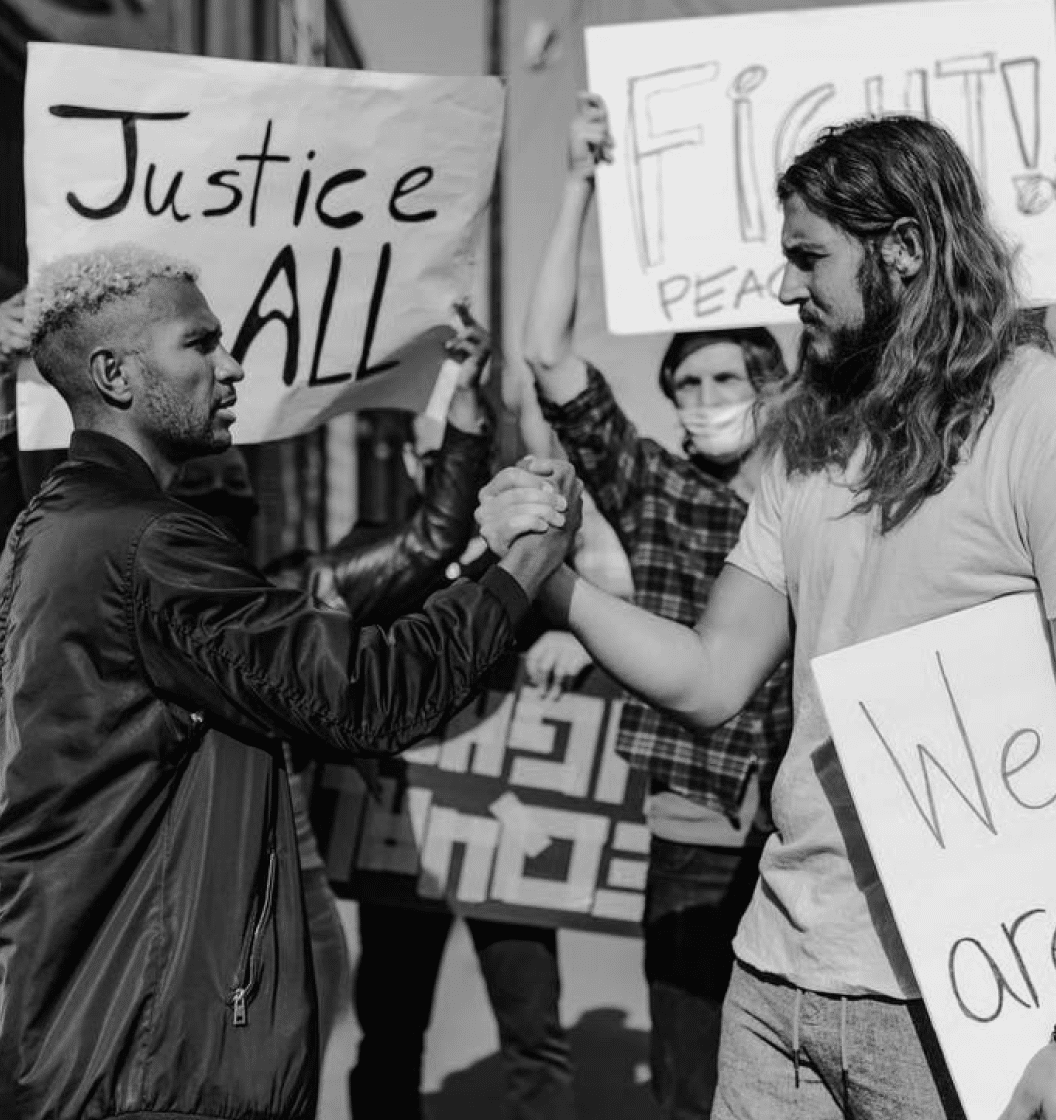
Prominent Civil Rights Activists and Leaders
Several prominent civil rights activists and leaders were at the forefront of the fight against social injustice and, through their gallant actions, were able to set the United States on a path toward equality for all.
You may have heard of these individuals in the past, but their contributions to civil rights cannot be understated. We’re going to explore how the likes of W.E.B. Du Bois, Thurgood Marshall, Mary White Ovington, Julian Bond, Martin Luther King Jr., Rosa Parks, and Carter G. Woodson took courageous action and made lasting contributions toward racial equality and justice.
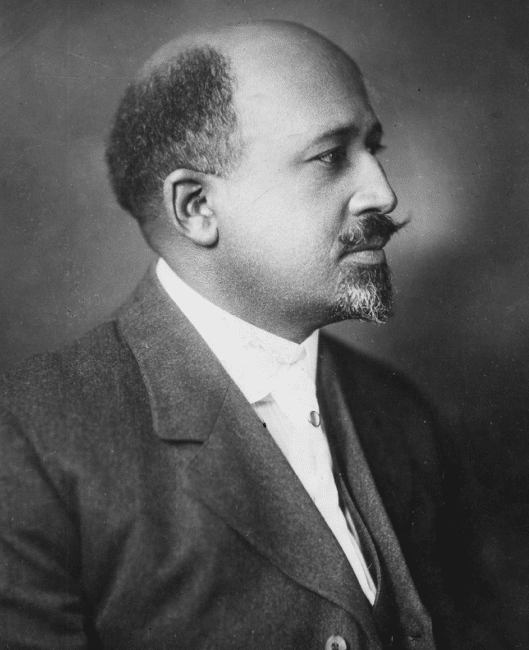
W.E.B. Du Bois
Known as one of the foremost Black intellectuals of his time, W.E.B. Du Bois was the founding member of the National Association for the Advancement of Colored People (NAACP). He was the first Black American to officially receive his Ph.D. degree from Harvard University.
Du Bois is considered one of the leading scholars and intellectuals of the civil rights movement and was one of the premier thinkers of his time when it came to racial equality and describing the plight of Black Americans.
In 1903, he published The Souls of Black Folk, which was his seminal work. Within this collection of essays, Du Bois created the term “double consciousness” to describe the inequality Black Americans faced, a term still used today to illustrate the dynamics of inequality.
Du Bois was also the editor of the NAACP’s monthly journal called The Crisis. He used this journal to draw attention to lynchings to push for legislation that outlawed them. The NAACP’s journal, with Du Bois at the helm, became the leading protest organization within the United States for Black Americans.
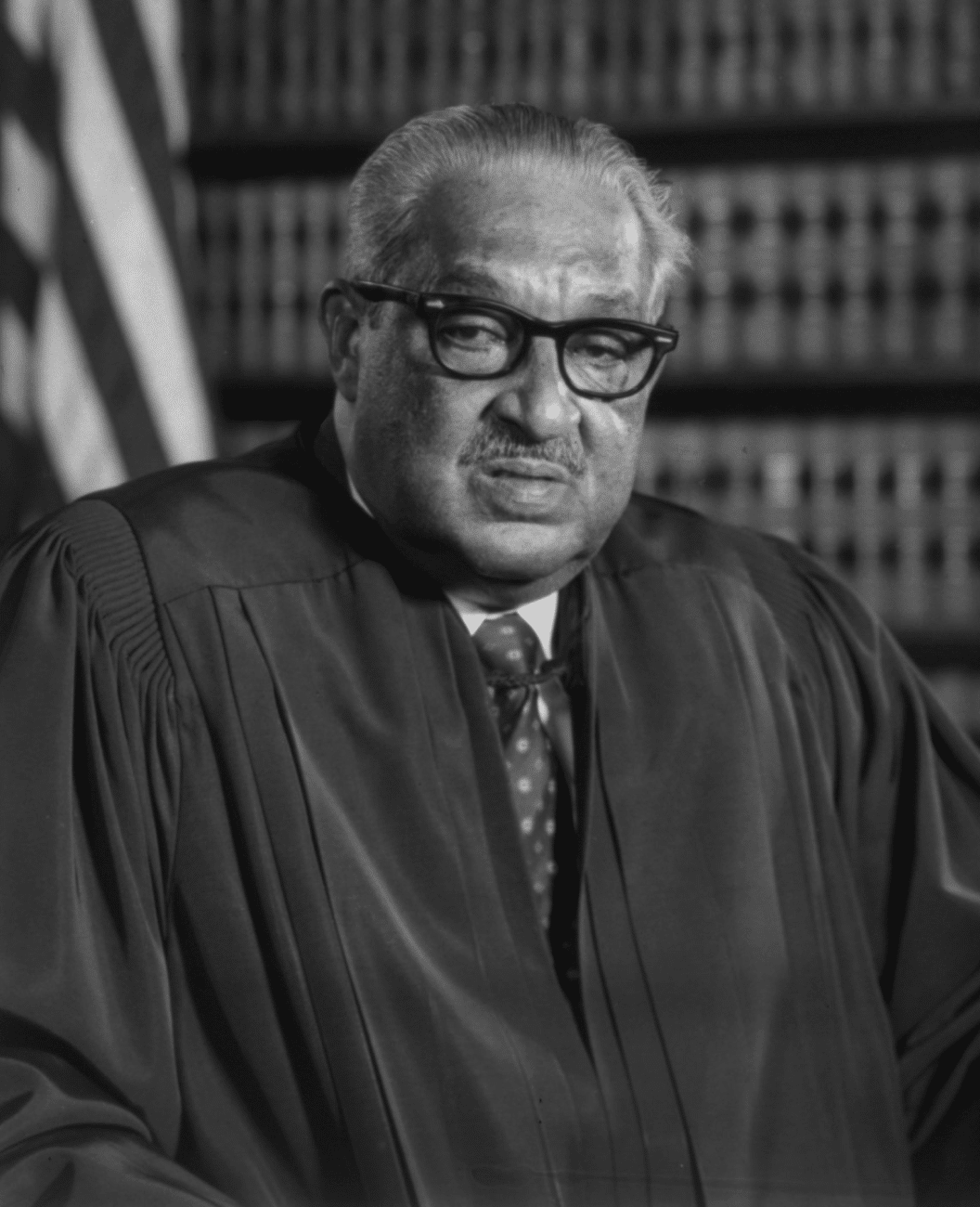
Thurgood Marshall
Thurgood Marshall is one of the most well-known civil rights activists and leaders of his time. He was a civil rights lawyer who fought the Jim Crow laws and had the ultimate goal of dismantling segregation within the United States through the court system.
Marshall’s most prominent case was Brown v. Board of Education in 1954, in which the Supreme Court ruled that “separate but equal” was unconstitutional within public schools.
Thurgood Marshall was nominated to the United States Court of Appeals for the Second Circuit by John F. Kennedy in 1961. A few short years later, he was named the United States solicitor general by President Lyndon B. Johnson. This led Marshall to be confirmed by the U.S. Senate, and eventually join the United States Supreme Court as the first Black Supreme Court justice.
Marshall served on the U.S. Supreme Court for almost 25 years and continued to fight for racial equality and minorities. His contributions to American culture and society were significant over his tenure as a Supreme Court justice.
Mary White Ovington
Mary White Ovington is known for her deep involvement in women’s suffrage and the civil rights movement. After hearing Frederick Douglass speak at the church she attended in Brooklyn, Ovington decided to join the civil rights movement and fight for racial justice and social equality for Blacks.
She assisted in establishing the Greenpoint Settlement in Brooklyn then, a few years later, helped establish the Greenwich House Committee on Social Investigations in 1904. For five years following these establishments, Ovington dedicated herself to learning about the housing problems of Manhattan’s Black community.
Mary was willing to take courageous action on behalf of civil rights and equality and helped establish the NAACP along with W.E.B. Du Bois, Ida B. Wells, and several other prominent civil rights activists. Ovington was appointed to be the executive secretary of the NAACP in 1910, and she continued to give speeches and write books about Black society and culture for several decades.
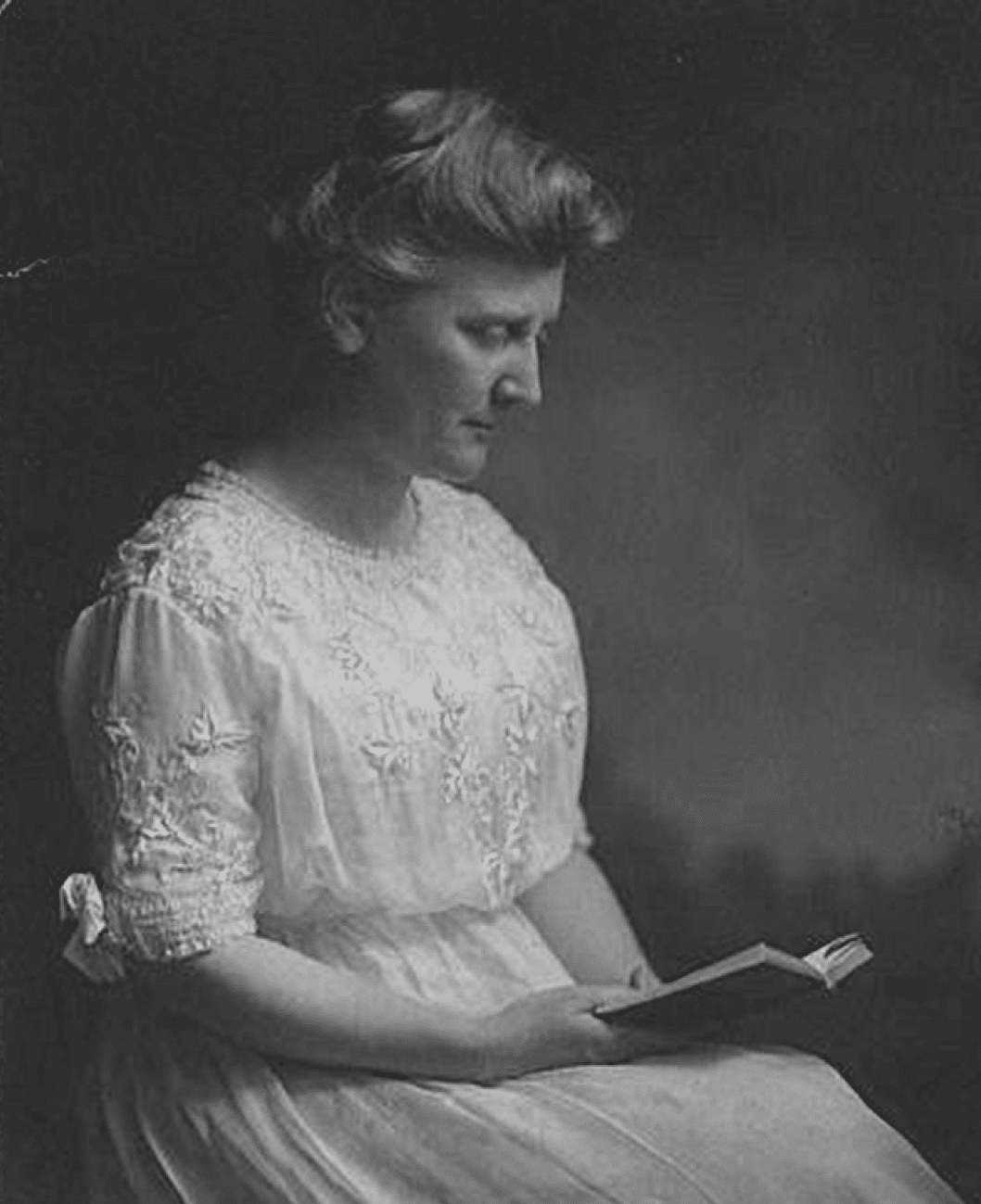
Julian Bond
Julian Bond is a well-known civil rights activist who became the first president of the Poverty Law Center and also served as the chairman of the NAACP between the years 1998 and 2010. It was under Bond’s leadership that the NAACP transitioned from the 20th century into the 21st century, benefiting from his experience, wisdom, and guidance.
Julian Bond served in the Georgia House of Representatives for four terms and was then elected to the Georgia Senate in 1975. While pursuing his political career, Bond fought for civil rights and social justice at the Southern Poverty Law Center, where he served as its first president for eight years. After leaving the Law Center, Bond remained on its board of directors for the remainder of his life.
Notably, Julian Bond considered his position as the chairman of the NAACP “the most powerful job a Black man can have in America.”
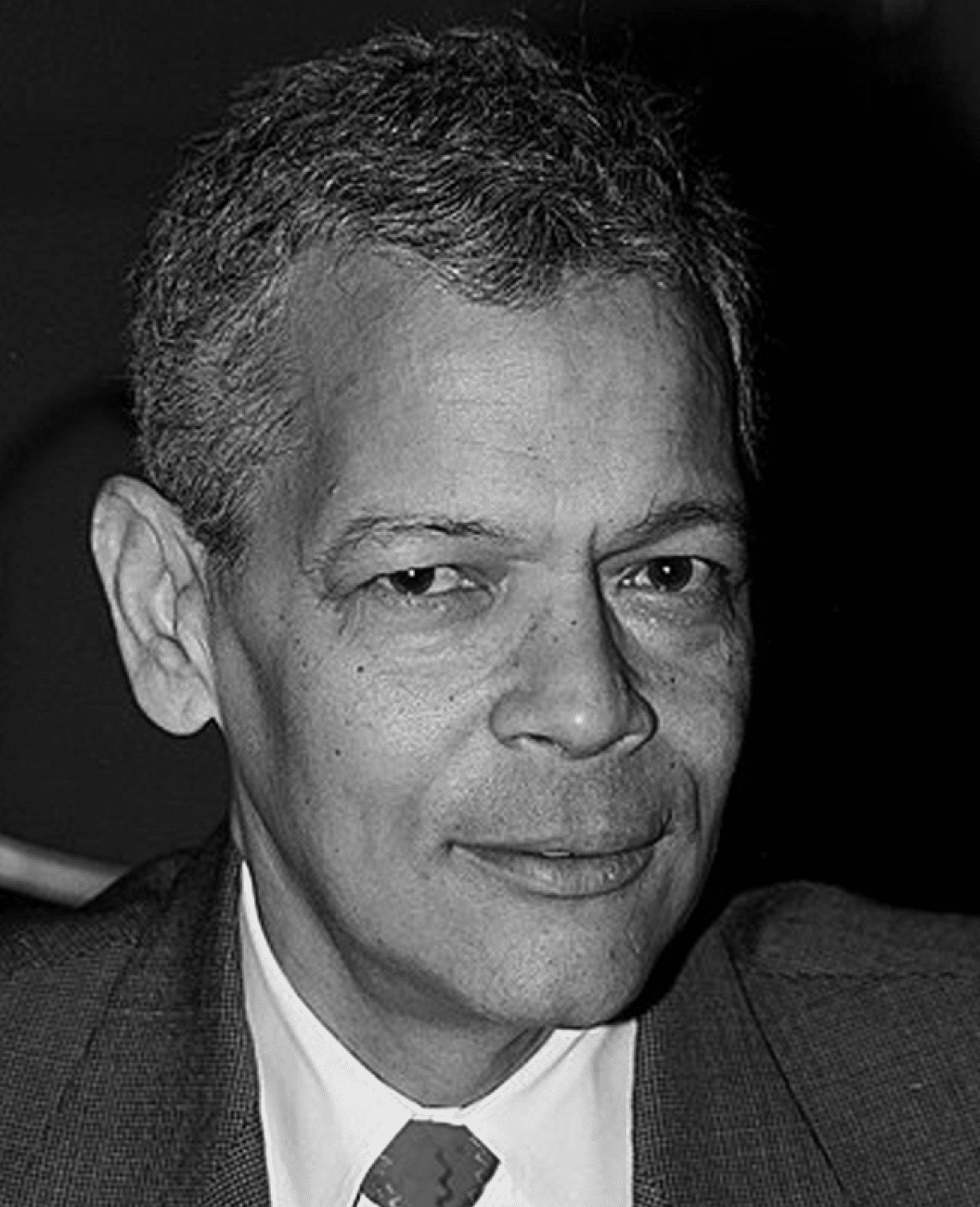
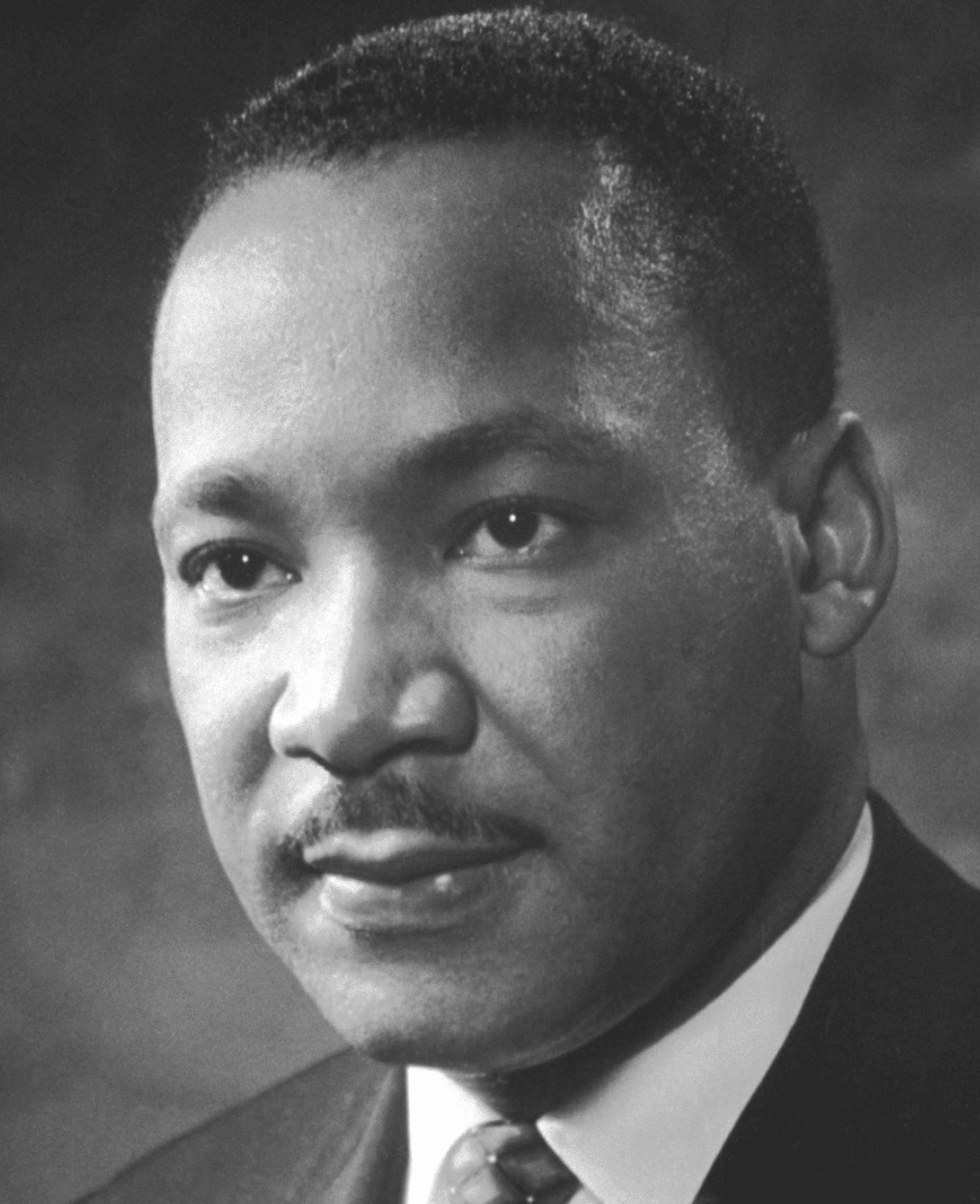
Martin Luther King Jr.
Out of all of the civil rights leaders and activists mentioned, the most recognizable and influential name is Martin Luther King Jr. He is remembered to this day for his masterful oratorical skills, specifically his speech titled “I Have a Dream.” King adopted a nonviolent resistance and fought to achieve social justice and equal rights for Black Americans, eventually earning him the Nobel Peace Prize in the year 1964.
What propelled King into his prominent role as a lead figure in the civil rights movement was his organization of the Montgomery bus boycott. He was arrested and imprisoned as a result of staging the boycott, then he founded the Southern Christian Leadership Conference (SCLC) to stage more nonviolent protests against Jim Crow laws.
Martin Luther King Jr. believed that nonviolent protest would eventually lead to positive public opinion and sympathetic media coverage of his cause. He was correct, and his leadership of the civil rights movement led to the passage of the Voting Rights Act of 1965 and the Civil Right Act of 1964.
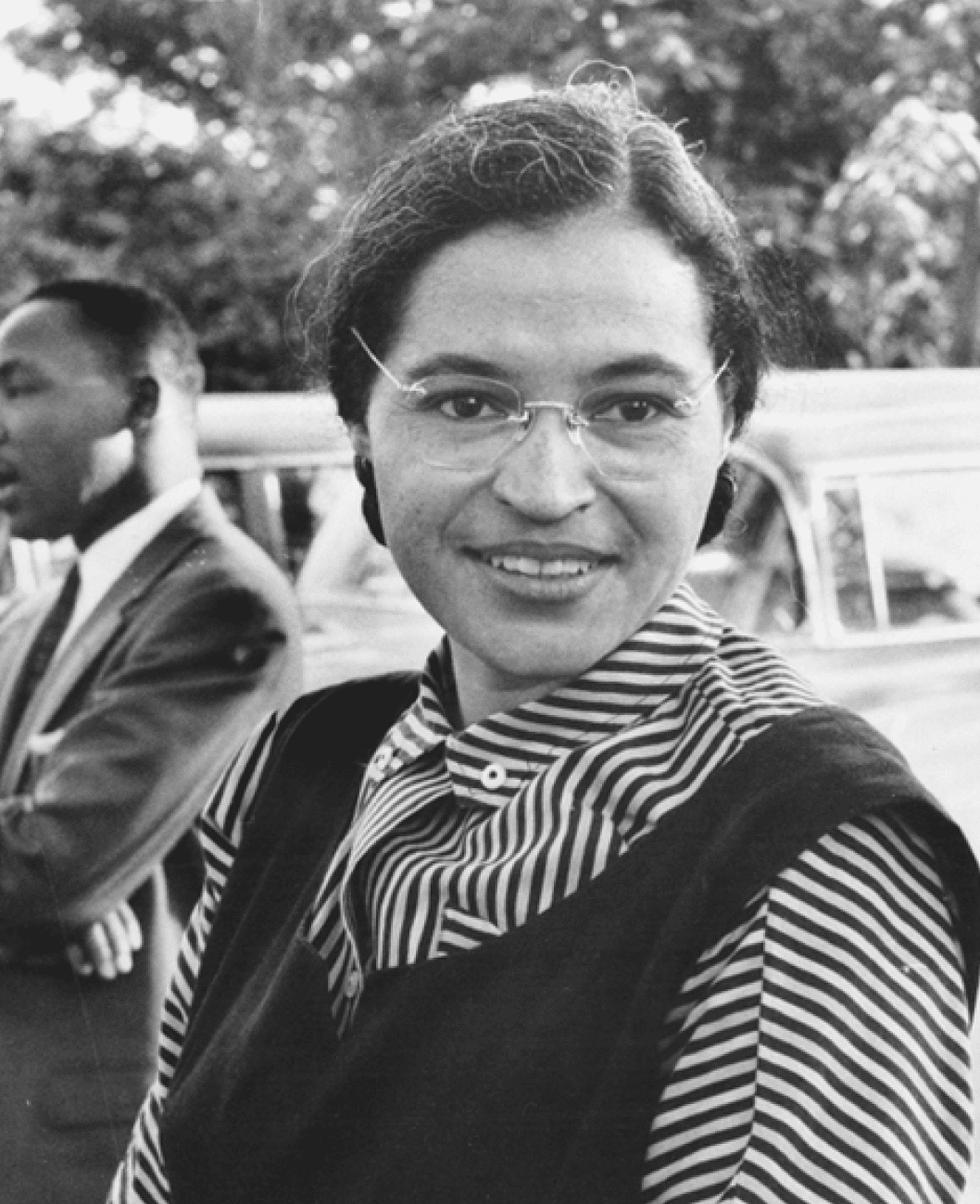
Rosa Parks
When it comes to prominent names of the civil rights movement, Rosa Parks is another well-recognized activist who played a major role in sparking the Montgomery bus boycott.
Parks refused to give up her seat on a bus to a white passenger and successfully sparked a movement that would ignite the civil rights movement even further. A few days after Rosa Parks’s act of defiance, residents refused to board Montgomery buses and opted to ride in Black-owned cabs, carpool, or walk instead. Bus companies in Montgomery suffered significantly reduced profits during this period, and dozens of public buses ended up standing idle for months at a time.
Martin Luther King Jr. led the Montgomery bus boycott and eventually went on to have tremendous success in championing the civil rights movement and fighting for equality using peaceful protest.

Carter G. Woodson
Beginning in February 1976, Black History Month has been celebrated every year thanks to Carter G. Woodson. He was a scholar who took great interest and pride in celebrating the historic contributions of Black individuals. Woodson maintained that Black Americans should understand all the achievements they have made and be inherently proud of their heritage and how far they’ve come.
Woodson believed that African American contributions were being overlooked or omitted from history textbooks and classrooms, and he made it his mission to bring awareness to these contributions and the rich history Black Americans had. Woodson published multiple books throughout his life on Black history.
Looking to the Future
The civil rights activists and leaders mentioned here have all played very important roles in advancing racial equality and fighting for social justice for Black Americans. Because of their courageous actions and unending drive for advancing civil rights in the United States, we have established equality today.
We’ve walked through the civil rights contributions of W.E.B. Du Bois, Thurgood Marshall, Mary White Ovington, Julian Bond, Martin Luther King Jr., Rosa Parks, and Carter G. Woodson. These individuals contributed to civil rights within the U.S. in their own way and, compounded over time, were able to make a dramatic difference in this country’s history.
Their actions required a vast amount of bravery and courage, and civil rights activists and leaders today continue to take their actions as an example of what must be done to continue to advance civil rights.
The right to equality is one of the most important rights an individual within the United States can have, and by looking up to these activists and leaders and taking their actions as examples of what to do in the future, we can ensure that equality continues to grow and solidify as a key tenet of the United States.
The fight for civil rights has been a long and grueling one, but it has been well worth the effort.

